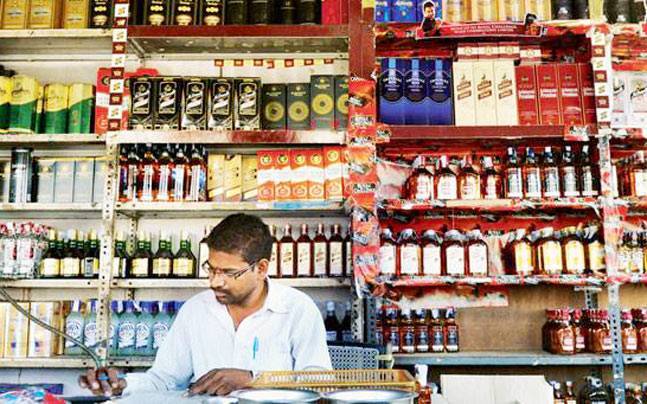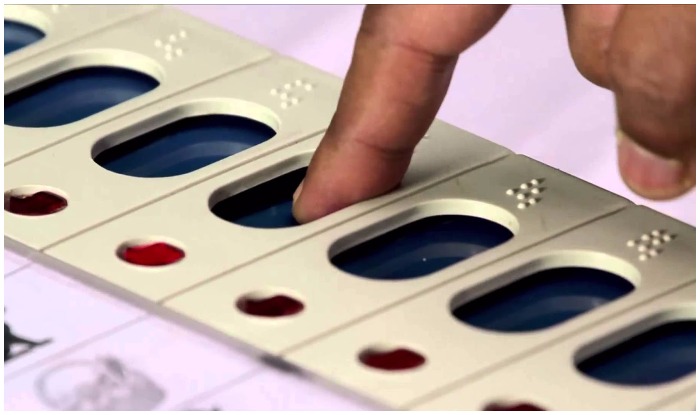Relieving the liquor companies which are holding their stocks worth more than Rs 200 crore in Bihar, the Supreme Court on Monday granted two months extra time to transport liquor out of the state and directed them to dispose of their stocks by July 31.
The deadline was earlier fixed at May 31 by the Apex Court but as they failed to meet the deadline, they pleaded a bench of Justices A K Sikri and Deepak Gupta to grant them more time.
Senior advocate Kapil Sibal, appearing for Confederation of Indian Alcoholic Beverages Companies, contended that it was not possible even to destroy the existing stocks by the end of this month and the liquor companies might face prosecution by the state government for holding the stocks.
“For reasons beyond their control, they will not be able to remove a majority of their stocks from Bihar. The proposed destination states, where the liquor was to be exported, are taking a long time to issue import permit and the companies have to obtain export permit from Bihar also. The process is taking time and the liquor stocks cannot be taken out of state till the companies get all clearances,” the petition said.
However, the state government opposed his plea and told the bench that no further time should be given to the liquor companies. Further explaining, Advocate Keshav Mohan, appearing for Bihar government, said that holding of existing stock could lead to the illegal trade of liquor in the state and would create law and order problem.
Notably, the bench rejected his plea questioning the state about the possibility of illegal trading of liquor when the existing stocks were in the custody of the state government.
The constitutional validity of Bihar government’s decision to ban consumption and sale of liquor in the state is pending in the Supreme Court.


















